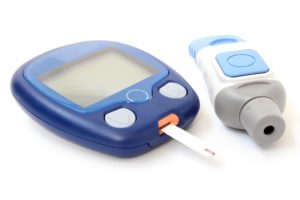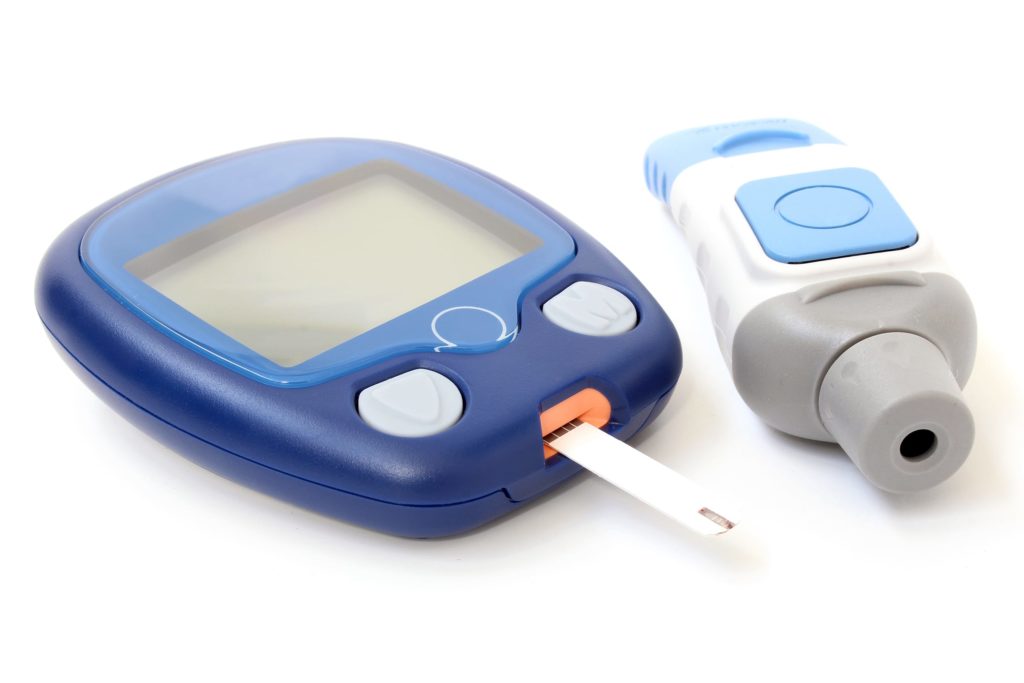
Newly Diagnosed with Diabetes
Learn all you can. Diabetes is a life-long diagnosis for most people.
Manage your emotions. Being diagnosed can trigger feelings of guilt, stress, or panic.
Build a support system. Your doctors, loved ones, and counselors can help.
Make gradual changes. Doing too much too quickly is a recipe for failure.
Move more. Regular physical activity helps lower blood sugar AND prevent diabetes-related health problems.
Learn how foods affect your blood sugar. Everyone’s digestive system is different. [/icon_list]
Living With Diabetes Long-term
Never stop learning. Research into diabetes continues, and guidelines change.
Embrace change. Diabetes is a progressive disease. How you manage it will change over time.
Find your dream team. Support is important at every phase. That can include your doctor, counselor, diabetes education expert, friends, and family.
Have regular checkups:
[icon_list style=”padding-left: 30px;”][icon_list_item type=”caret-right”]Primary diabetes doctor every 2–6 months [icon_list_item type=”caret-right”]Dentist every 6 months [icon_list_item type=”caret-right”]Eye doctor every 1–2 years [icon_list_item type=”caret-right”]Foot exams once a year (minimum) [icon_list_item type=”caret-right”]Kidney test once a year [icon_list_item type=”caret-right”]Cholesterol once a year
Maintain intelligent eating. Your diet should include refined grains, low-starch vegetables, low-fat proteins, and Omega-3 fatty acid-rich fish.
Diabetes Eating Tips
[icon_list style=”font-size:15px; color:#008238; margin-bottom:0;”][icon_list_item type=”clock-o”]Complex carbohydrates
A carb is a carb, but complex carbohydrates take longer to digest. That means that your blood sugar rises more gradually, giving the body time to react and process that sugar even with reduced insulin function.
[icon_list style=”font-size:15px; color:#008238; margin-bottom:0;”][icon_list_item type=”leaf”]Non-starchy vegetables
Vegetables that are low in starch are also typically low in calories and carbohydrates. That’s a winning combination that results in fewer blood sugar spikes and introduces more nutrients to your diet.
[icon_list style=”font-size:15px; color:#008238; margin-bottom:0;”][icon_list_item type=”tint”]Water
Sugary beverages such as soda and juice can be big trouble because they cause blood sugar levels to rise rapidly. Skip the sweetened drinks and instead opt for water or unsweetened tea or coffee.
“There may be trial and error in the beginning to find out what foods spike your blood sugar and which ones don’t,” says Debby Finch, BSN, RN, CDE, Diabetes Education Program Coordinator, Summit Healthcare. “Monitor yourself carefully, and eat in moderation.”

